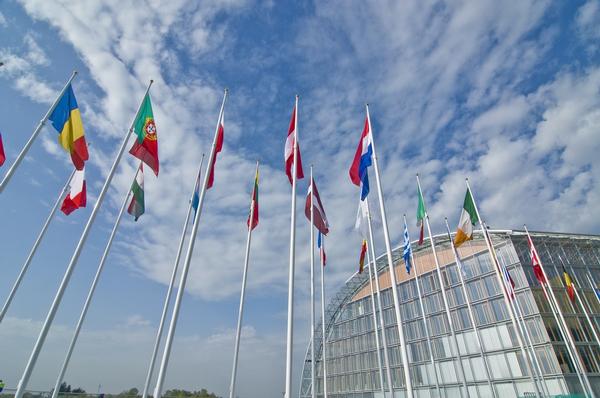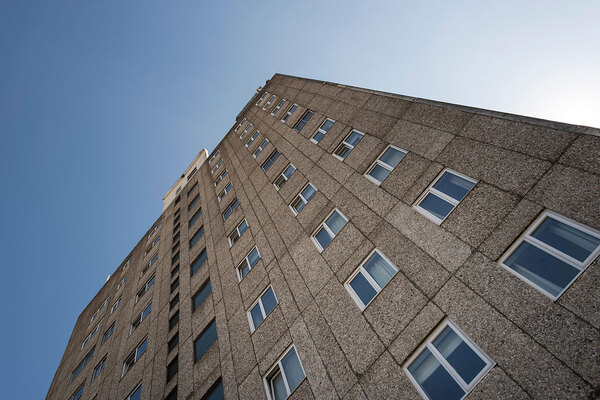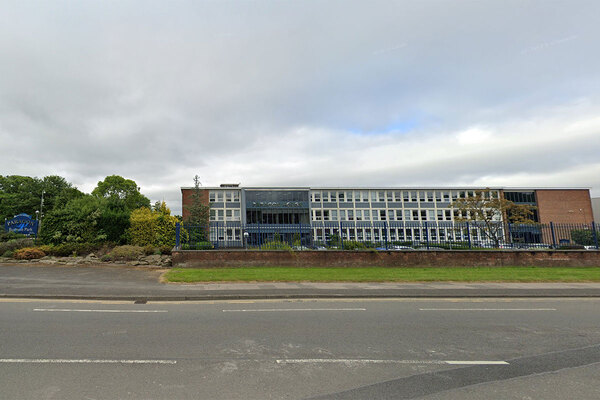EU’s bank signs off multimillion-pound loan to London housing association ahead of Brexit
London-based housing association Peabody has struck a deal with the European Investment Bank (EIB) for a loan facility that was approved by the lender four years ago.
The EU’s banking arm has signed off £150m of finance for Peabody, one of the country’s oldest housing associations, through a facility that was approved by the bank’s board in autumn 2015.
It marks the third loan to complete for British housing associations since the vote to leave the EU in June 2016 – to the value of almost £0.5bn – and comes following reports last year of the EIB pausing lending to the UK.
The EIB is owned and run by the EU nations, and prioritises projects for its members. It has invested more than £4bn in UK social housing and urban renewal schemes in the past decade, and has been a key partner of long-standing funding aggregator The Housing Finance Corporation (THFC).
In 2014, it began lending directly to large associations with a £350m deal for Sanctuary Group, in a move described as “good for the sector”.
Peabody told Social Housing that it has negotiated £130m of the original £150m facility agreed with Family Mosaic, which merged with Peabody in 2017. The other £20m is confirmed but subject to a separate loan agreement.
Peabody also had its own £300m loan approved in late 2016, but is now targeting a scaled-down £250m in total, inclusive of the £150m recently signed off.
Anthony Marriott, head of treasury at Peabody, said: “The European Investment Bank offers longer-term loans at substantially more favourable rates than other lenders, and offers a great deal of expertise and insight on projects to ensure the money makes an impact.
“We therefore warmly welcome this loan and look forward to working with the bank to deliver much-needed social housing in London.”
He added that as the group further expands its development pipeline “there will be no shortage of schemes that could benefit from the European money”.
“The bank has invested significant amounts into the UK affordable housing sector and associated infrastructure, even since the referendum, and I know they’ve been working hard to try and ensure agreements come to fruition despite the uncertainty. We are pleased to have got this over the line.”
Other housing associations including Stonewater and Notting Hill Genesis are understood to be in ongoing talks about £600m of loans.
Meanwhile, Wheatley Group – parent of Glasgow Housing Association – which was the last to sign a loan with the EIB with a £185m facility, drew an £85m tranche on 1 October 2019 at a sub-1.5 per cent rate of interest, fixed over a 25-year term.
It will support the next phase of Wheatley’s new build programme, providing 1,400 affordable homes.
Alastair MacNish, chair of Wheatley, said: “Funding from the EIB represents extraordinarily good value for our customers, enabling us to access finance at a low interest rate.”
While Mr Marriott does not expect the EIB to write any new loans to UK housing associations, he said the bank “is trying to be fair in terms of passing things out”.
The bank sources its lending from the international debt capital markets, passing on what have proven to be very competitive rates to UK associations over the years.
It lends to 50 per cent of the project value and the original specification for the Family Mosaic loan was that it would support investments in social and affordable housing stock from 2015 to 2019, to enable retrofitting and new construction of social housing and associated infrastructure.
Peabody’s listed projects included the large-scale £8bn regeneration in Thamesmead, east London. But the association is now looking at alternative projects, having signed a joint venture with developer Lendlease to deliver 11,500 homes across the 250-acre development.
The Peabody facility includes the potential to draw down the loan in tranches, with a fixed term of 17 years or a 30-year maturity that amortises. The loan can be fixed or floating. Pricing is set at the point of drawdown.
In December 2018, the EIB approved a long-standing application for a £100m loan to Stonewater. London-based Genesis had a £200m loan agreed by the EIB board in 2016, while Notting Hill Housing had a £300m loan approved in 2017. The two HAs have since merged into Notting Hill Genesis.
Earlier this year, the EIB said that in the case of mergers, it will continue to treat two loan requests separately, as the bank appraises them on a ‘project’ basis. The bank also said it has a process to confirm its comfort with the merged entity.
A double deal for Northern Irish associations Apex and Choice worth £280m was announced just before the referendum, although the EIB site shows them as being signed after the Brexit vote.
Shortly before the vote, THFC agreed a second £500m facility agreed under the Affordable Homes Guarantees Programme, administered by THFC’s subsidiary Affordable Housing Finance, which meant that housing associations were drawing down loans in the years that followed.
The UK government said in August 2019 that £3bn of fresh affordable guarantees are set to launch in 2020.
Reports continue around the costs associated with the UK exiting its EIB shareholding.
The House of Lords European Union Committee and the National Infrastructure Commission have called for a new financial institution, with a Lords report saying there is an “urgent action to fill the void” left by the EIB.
RELATED







